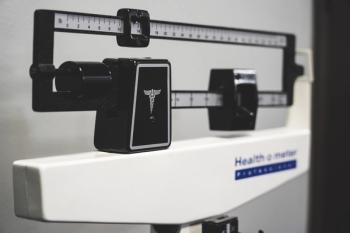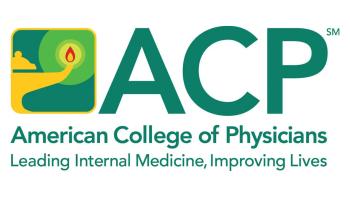
Are FMT Capsules the Next Big Thing for Recurrent C. difficile Treatment?
A team of investigators explores if fecal microbiota transplant (FMT) capsules are just as effective as treatment via colonoscopy.
Clostridium difficile (C. difficile) infections pose a serious threat to public health. With over 450,000 cases per year occurring within the United States alone and about 20% of those cases resulting in recurrent CDI (RCDI), researchers are rushing to come up with stronger treatment options.
Not only is CDI recurrence taxing for the patient, it also results in several hospital readmissions, which contribute significantly to excess financial burden. To make matters worse, it is estimated that of the 20% of patients who experience RCDI, 40% to 65% will experience additional recurrences on top of that.
Currently, there is no universally-accepted treatment algorithm for this population. However, investigators have come up with several ways to reduce the risk of RCDI. According to a recent
- Extended courses of vancomycin, probiotics, or fermented foods
- Antibiotic “chasers,” which are short courses of fidaxomicin or rifaximin at the end of therapy after initial treatment is completed
- Antitoxin monoclonal antibody therapy
- Fecal microbiota transplantation (FMT)
FMT involves extracting healthy bacteria from an uninfected individual’s fecal matter, processing it, and directly transferring that bacteria into the infected patient. The goal of this process is to restore a normal gut bacteria population in the infected patient, and, as a result, discourage the growth of C. difficile. FMT remains a controversial topic in the health care sphere, with health care practitioners voicing conflicting views on the procedure’s effectiveness and safety.
For the most part, FMT is thought to be an effective treatment when it comes to preventing RCDI, but according to the authors of the editorial, the logistics of delivering the stool product limits its widespread use. They theorized that being able to deliver the treatment in pill form would save time and money over colonoscopy-delivered treatment. To this end, they devised a study to determine whether fecal capsules were noninferior to treatment delivered via colonoscopy.
The investigators enrolled 116 patients with RCDI into a randomized clinical trial (RCT), where patients were divided into 2 groups: those receiving FMT via capsule and those receiving FMT via colonoscopy. “The primary outcome was the proportion of patients without RCDI 12 weeks after FMT, and the noninferiority margin was set at 15%,” the authors write.
The results showed that, in both treatment groups, 96.2% of the patients were recurrence-free at 12 weeks, thus, “meeting criteria for noninferiority,” or the prevention of subsequent RCDI over 12 weeks in those who had RCDI.
About 30% of the patients felt that FMT was “unpleasant, gross, or disgusting,” according to the authors; however, 97% of them reported that they would undergo the treatment again if they needed to. Furthermore, after the procedure, “quality-of-life scores increased significantly” for patients in both groups.
Although the results are encouraging, the authors admit that broader questions still remain when it comes to the effectiveness of FMT, and therefore, further research is needed—regarding the “optimal timing and format of FMT [in particular], as well as the role for rational design of defined microbial consortia,” they write. The data regarding FMT is promising, but “a number of additional approaches still deserve consideration in future research,” they admit.
Some of these additional approaches include: Vancomycin tapers with and without “chasers” of fidaxomicin/rifaximin, “defined microbial communities and sterile fecal-derived products.” If proven effective, these approaches can perhaps even supersede standard FMT in the future.
Newsletter
Stay ahead of emerging infectious disease threats with expert insights and breaking research. Subscribe now to get updates delivered straight to your inbox.

































































































































